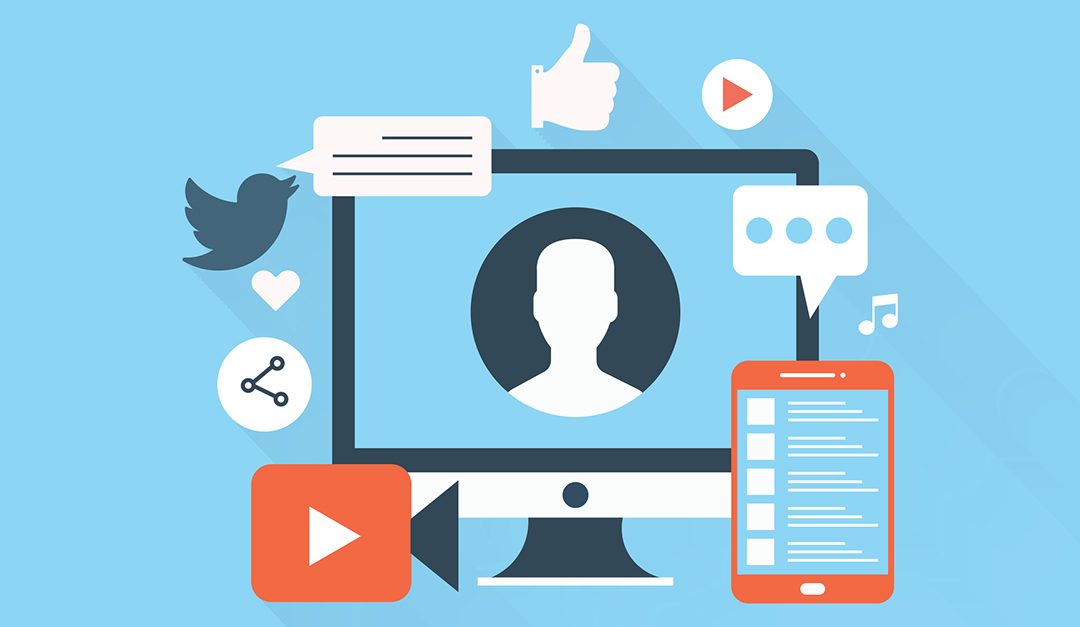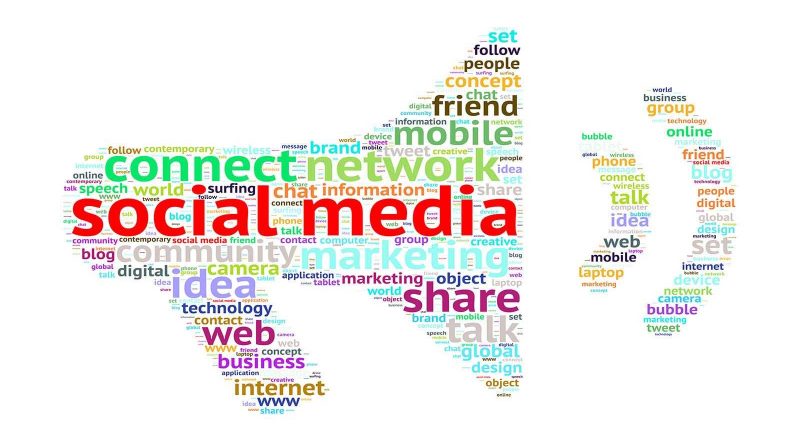Nowadays, practically everyone is on social media – including HR professionals who evaluate job candidates. What you have to understand as soon as possible is that the profiles on these platforms have become a kind of showcase about the main qualities and even the defects of candidates looking for a job.
LinkedIn, for example, has grown in importance with regards to personal marketing, so much so that it has gained virtual curriculum status. Nowadays, therefore, it is essential to have an updated and well-presented profile on this platform. But that is not all. If the speech in other public networks, such as Facebook, Twitter and Instagram, is negative, your approval can be impacted, ending your chances of hiring.
That’s right: social networks have a big impact on a person’s employability today. With this context in mind, we have produced this post to try to help you maintain proper behavior on these platforms, increasing your chances of hiring. Like the idea? So keep watching!

How do social networks influence selection processes?
Virtual curriculum
As we mentioned there in the introduction, a specific social network has stood out in the selection processes: LinkedIn. The platform has practically turned into a large portfolio of virtual courses, often being used by contractors to find good candidates.
There are even foreign companies that research potential Brazilian candidates through the network, you know? Then, job interviews by Skype can serve to close vacancies. Modern, isn’t it?
In addition, LinkedIn also allows users to participate in professional networking groups in the most diverse areas of expertise. It is also possible to share useful content, post articles and demonstrate your knowledge on various subjects, which only adds value to your profile.
Online portfolio
A portfolio is nothing more than a collection of work already done by a professional or a company. There are currently social networks aimed at specific sectors that have the presentation of works in portfolios.
Among the best-known examples is Behance, widely used by designers, advertisers and artists. On this platform, users can see each other’s work, search for candidates according to their skills and publicize their best projects.
Post-interview selection
Contrary to what may seem, contractors do not only evaluate professional social networks, those aimed at the job market, such as LinkedIn and Behance. Other more popular platforms, such as Facebook and Instagram, can also serve as a post-interview tiebreaker.
Imagine that an interviewer has spoken to 2 candidates for a vacancy. Both have a good resume, updated LinkedIn, fluid communication and fulfill the requirements of the vacancy. When in doubt, the interviewer decides to spy on candidates’ profiles on Facebook and Instagram.
The first professional publishes many photos drinking with friends, in addition to random posts that do not demonstrate the interests mentioned in the interview. The second competitor, on the other hand, has a well-selected profile photo and publications related to his area of expertise. In a situation like this, who do you believe will be hired?
How do social networks influence layoffs?
Did you know that exposure on social media can result in dismissal for a cause? This does not mean that the company has the right to spy on the worker or to request access to private data, but it can use public posts to combat bad faith conduct.
In Belo Horizonte, for example, a judge at the Labor Court confirmed the dismissal for just cause applied to an employee who posted photos on the beach while on leave doctor. According to the file, the employee had presented a 15-day medical certificate with a recommendation for rest. During this period, however, she published photos with her family at Praia do Forte, in Cabo Frio, Rio de Janeiro.
Dismissal for just cause can also happen to employees who expose company pictures without authorization, since, in general, the work developed internally is confidential. To be sure, companies typically ask employees to sign a term of science regarding not sharing data right at the time of hiring.
How to use social media in favor of your employability?
Select a good profile photo
The profile photo is responsible for transmitting the first impression to anyone who visits your page. So choose an image that shows your face well and that, however informal, conveys a certain seriousness.
Avoid tagging on compromising photos
A good tip for not committing yourself even without intention is to activate the approval of photos in which you are tagged. So you avoid exposing a compromising image on your profile without even being directly responsible for it. As much as going out to the club on the weekend has nothing wrong, you don’t need to share this moment with potential employers, do you agree?
Watch out for controversial issues
Many people use public networks to express opinions on social and political issues that, as you may know, can end up causing controversy. How about avoiding this kind of discussion? Anyway, if you decide to take a position on a certain subject, be cautious, taking care not to sound radical or prejudiced.
Another important tip on this topic is: never speak ill of your current company, of course, but neither of your former employers, as this way you can give the impression that you will also complain about the new job if it is hired.
Check the veracity of publications before sharing
As we know, there is a lot of information of dubious origin that circulates daily on the internet. So it’s good to be careful about what you share! Always check the source of publication and the veracity of what you intend to post on your profiles so as not to spread fake news out there.

Make posts related to your area of expertise
When someone likes the area in which they intend to act, it is natural that they follow the news in the environment and share subjects that are of interest to professionals in the sector. In doing so, you make it clear that you are an attentive, committed and constantly updated professional.
Balance personal and professional life
While some social networks are strictly for professional use, like LinkedIn, others allow you to share your tastes and your personal life, as in the case of Facebook, Twitter and Instagram. In these networks, it is valid to address issues that slightly out of your professional interests. Still, it is important to have limits, not making your profile a personal diary. Remember: common sense should prevail.
Don’t try to paint an unreal image
When researching and reading employability tips, we sometimes get the impression that we have to look better than we really are, don’t we? But it’s just an impression! No falling into the trap of trying to convey something that you are not, because the scam never holds.
Don’t forget that the goal of companies is not to find perfect people, but to hire committed human beings who are willing to evolve in their careers.

